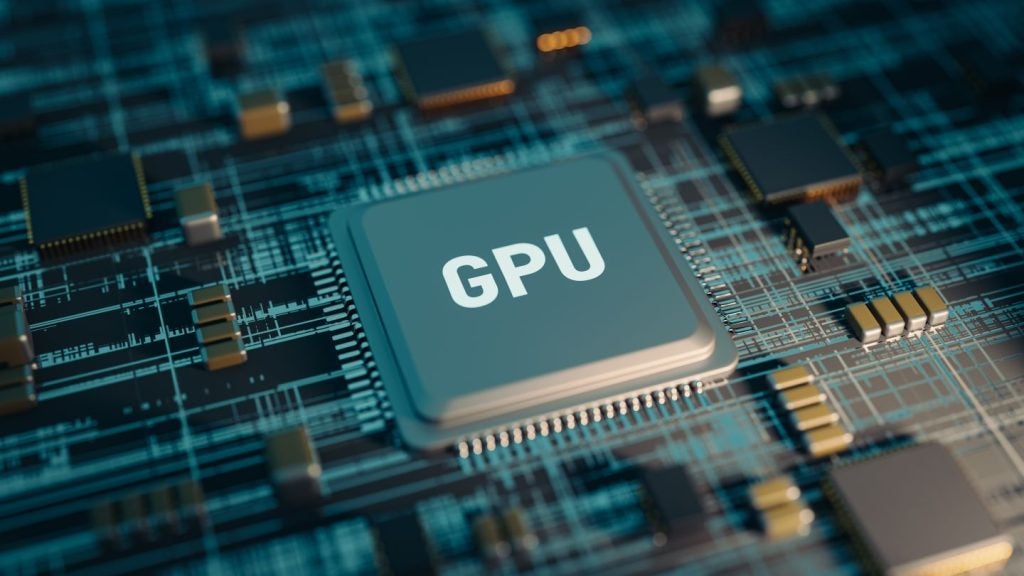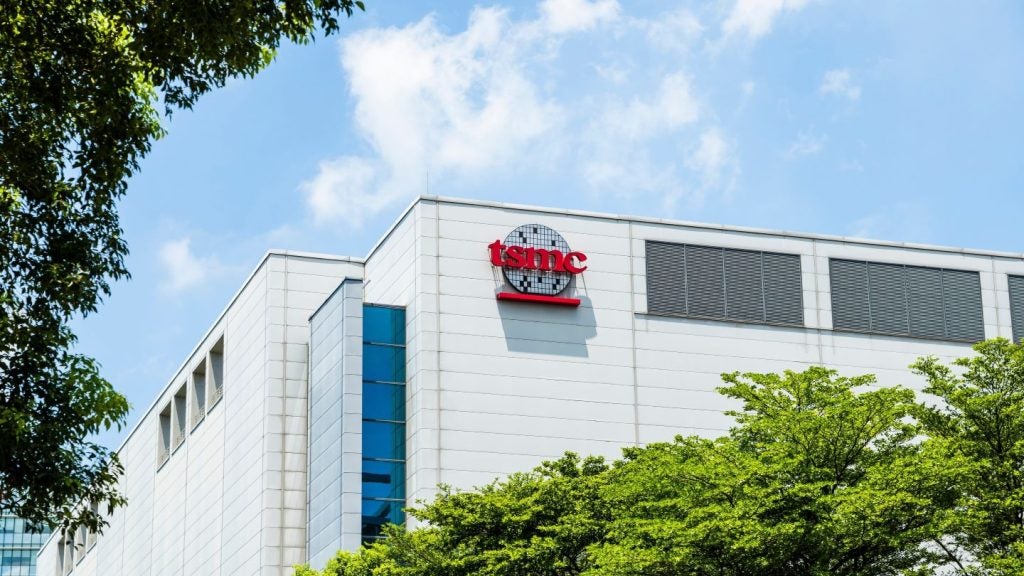
Microsoft announced on Monday (3 June) that it plans to invest $3.2bn in AI and cloud facilities in Sweden over a two-year period, marking the largest-ever infrastructure investment in the country.
The tech giant pledged to help boost the country’s global competitiveness by delivering AI training to 250,000 citizens, which equates to 2.4% of the population.
“This announcement goes beyond technology, it’s a commitment to ensuring broad access to the tools and skills needed for Sweden’s people and economy to thrive in the AI era,” Microsoft vice-chair and president Brad Smith said in a statement.
The investment will also see the company add 20,000 graphics processing units (GPUs) to its three data centres in Gavle, Sandviken and Staffanstorp.
As leading technology companies expand their infrastructure to fuel the heavy demand for AI, the Electric Power Research Institute (EPRI) found that data centres could use up to 9% of the total electricity generated in the US by 2030.
The estimated annual growth rate of AI electricity usage ranges from 3.7% to 15% through 2030, depending on the efficiency of newly built centres, the EPRI said.
A new data centre can use as much electricity as 750,000 homes, according to the institute, which cited energy company earnings calls.
In a Q1 2024 survey by research and analysis company GlobalData, 27% of respondents stated that their businesses already had a high adoption rate of AI into their workflows.
GlobalData forecasts that the overall AI market will be worth $909bn by 2030, having grown at a compound annual growth rate (CAGR) of 35% between 2022 and 2030.
In the GenAI space, revenues are expected to grow from $1.8bn in 2022 to $33bn in 2027, a CAGR of 80%.







